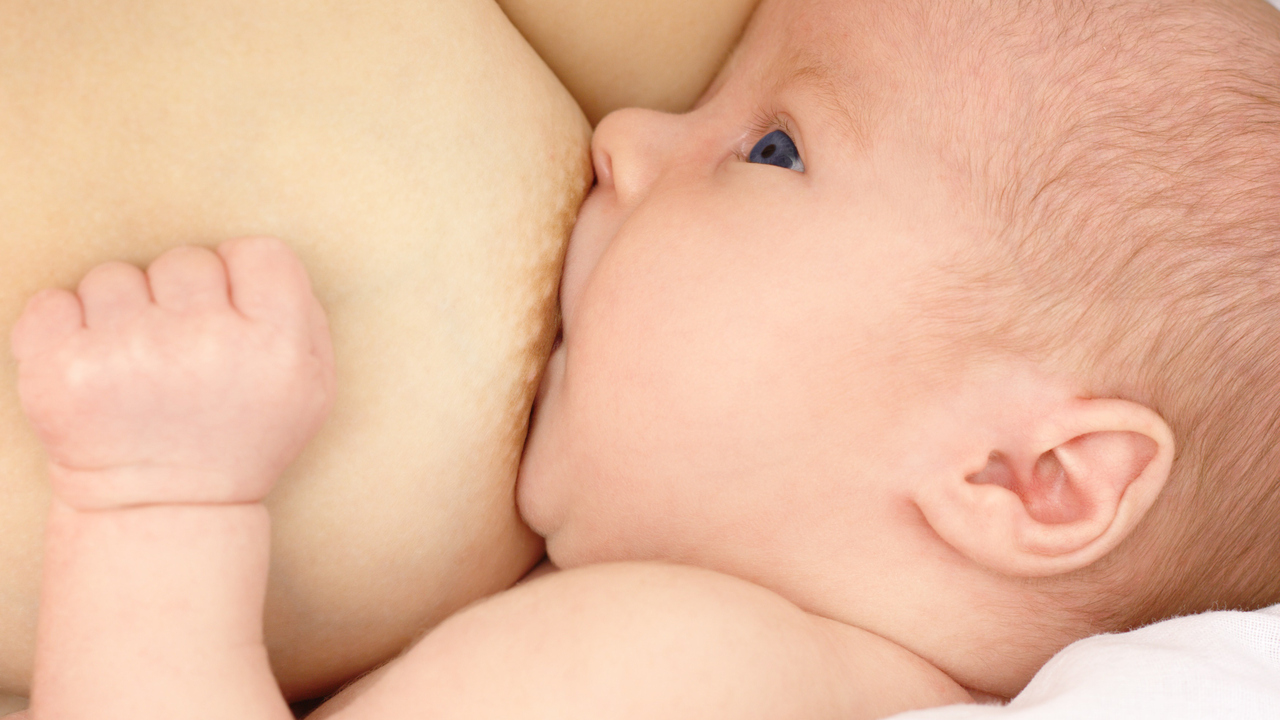Our results show that iron supplementation had no effect on motor, cognitive or language development at 12 months of age, says Anna Chmilowska, a specialist physician and university lecturer in the Department of Clinical Sciences, who initiated and managed the project.
The American Pediatric Association recommends iron supplements for all healthy breastfed babies after 4 months of age, while its European counterpart does not.
– These skewed guidelines motivated us to study. Breastfeeding is highly recommended, and the proportion of children who do so during the first half of their lives is large. We wanted to determine whether breastfed babies could benefit from additional iron.
The aim of the SIDBI study was to compare guidelines based on the effect of iron supplementation on psychomotor development in children, that is, the ability to develop and coordinate motor skills, such as sitting and walking, along with cognitive processes, such as thinking. And understanding.
International cooperation
SIDBI stands for Iron Supplementation and Development in Breastfed Infants and is a randomized, placebo-controlled study conducted between December 2015 and May 2020 with follow-up until May 2023. It was an international collaboration between the Medical University of Warsaw and Umeå University. Children were recruited in Poland and Sweden.
For this purpose, 221 infants who were fully breastfed at 4 months of age were recruited. They were randomly assigned to iron, 1 mg/kg, or placebo once daily from 4 to 9 months of age. Participants were then assessed by a psychiatrist at 12, 24, and 36 months. Cognitive, motor, and linguistic abilities were then studied as well as behavioral problems, among others.
The results fill the knowledge gap
“We did not see any significant differences in developmental abilities between children who received supplemental iron or children who received a placebo,” says Ludwig Svensson, a doctoral student in the SIDBI study.
In other words, there was no benefit from iron supplements for development. More children in the placebo group had iron deficiency, but the difference was not significant. Our results contribute high-quality evidence to a field that lacks randomized studies. It reinforces European guidelines not to recommend iron supplements for all healthy infants and breastfeeding women. We are proud to publish the results in JAMA Pediatrics, and hope the study will receive a lot of attention.
Continuation of work
Ludwig looks forward to analyzing the remaining data in the SIDBI study.
– Among other things, we will look at behavioral problems at the age of 3 years. It would be very interesting to know whether behavior that can be associated with ADHD or autism spectrum disorder is affected by iron supplements.

“Extreme tv maven. Beer fanatic. Friendly bacon fan. Communicator. Wannabe travel expert.”






More Stories
Continuous antibiotic treatment in sepsis improves survival
Introducing the requirement of notification for the construction and use of cooling towers
Does sunscreen protect against skin cancer? – “There is a lack of scientific basis.”